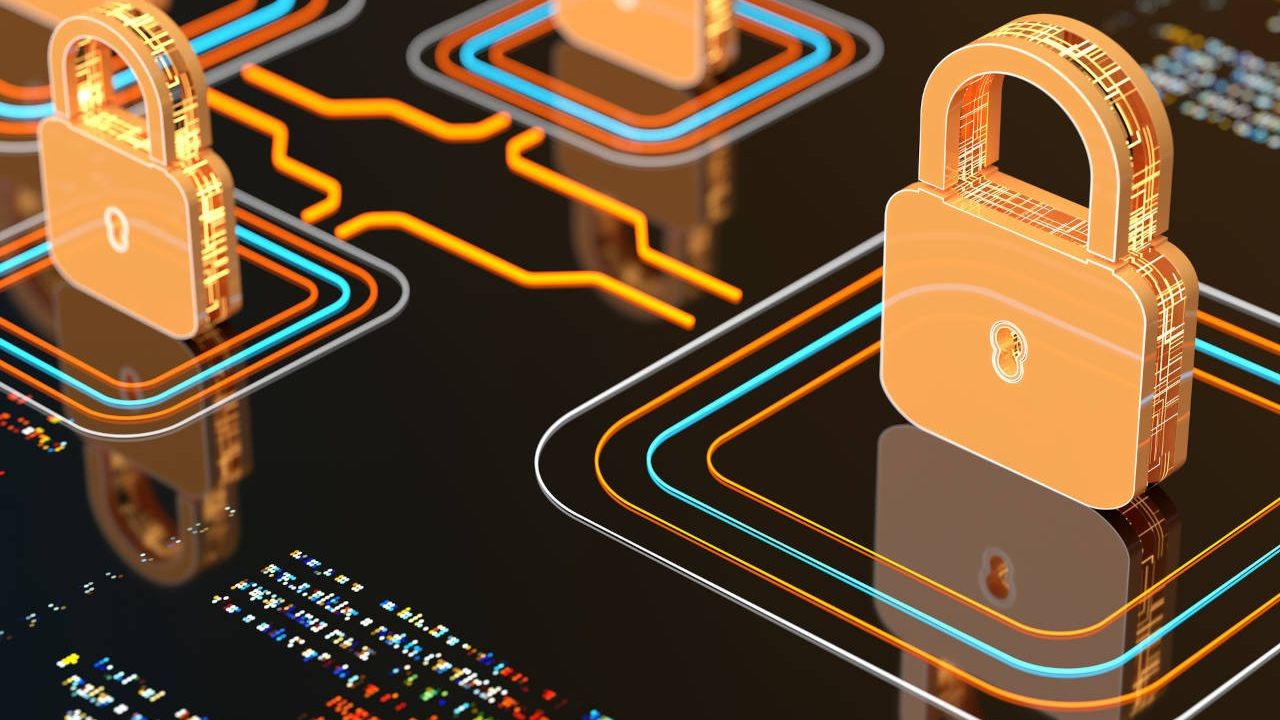In the digital age, cybersecurity has become a paramount concern for businesses and governments worldwide. New Zealand, often lauded for its innovative approaches and robust policy frameworks, is no exception. Imagine a small Kiwi tech startup that, despite its innovative product, faced a crippling security breach that almost drove it to bankruptcy. This scenario is not uncommon, and it underscores the critical importance of having a sophisticated cybersecurity framework. With cyber threats evolving at a rapid pace, New Zealand's approach to cybersecurity not only protects its businesses and government entities but also sets a benchmark for other nations.
Understanding New Zealand's Cybersecurity Landscape
New Zealand's cybersecurity framework is designed with a strong emphasis on collaboration between public and private sectors. According to the Ministry of Business, Innovation and Employment (MBIE), the country has seen a significant increase in cybersecurity investments, with spending expected to reach NZD 1.8 billion by 2025. This investment surge highlights the growing recognition of cybersecurity as a critical component of national security and economic stability.
Key Features of New Zealand's Cybersecurity Framework
- Public-Private Partnerships: The government actively collaborates with private companies to share intelligence and develop comprehensive security measures.
- Regulatory Support: New Zealand has established stringent cybersecurity regulations to ensure compliance across various industries.
- Focus on Innovation: The country encourages the development of cutting-edge cybersecurity technologies and solutions.
Pros and Cons of New Zealand's Cybersecurity Framework
Pros:
- Comprehensive Protection: With a robust framework, businesses can better protect themselves against evolving cyber threats.
- Economic Stability: By safeguarding digital infrastructures, New Zealand ensures the stability and growth of its economy.
- Global Reputation: New Zealand's proactive stance enhances its reputation as a secure and reliable place for international business.
Cons:
- High Costs: Implementing and maintaining cybersecurity measures can be expensive, particularly for small businesses.
- Complex Regulations: Navigating the regulatory landscape can be challenging for businesses without dedicated compliance teams.
- Potential Over-Reliance on Technology: While technology is crucial, over-reliance can lead to complacency in other security areas.
Real-World Case Study: Xero's Approach to Cybersecurity
Problem: Xero, a New Zealand-based accounting software company, recognized the need to protect its vast amount of sensitive financial data against cyber threats.
Action: Xero invested heavily in cybersecurity, implementing advanced encryption technologies and conducting regular security audits. The company also collaborated with cybersecurity firms to stay ahead of potential threats.
Result: These efforts resulted in a 30% reduction in security breaches and increased customer trust, evidenced by a 20% growth in their customer base over two years.
Takeaway: Xero's proactive approach highlights the importance of continuous investment in cybersecurity to safeguard sensitive data and build trust.
Debunking Common Myths About Cybersecurity in New Zealand
Myth: "Cybersecurity is only a concern for large corporations."
Reality: Small and medium-sized enterprises (SMEs) are increasingly targeted by cybercriminals, with 60% of SMEs experiencing cyber attacks in 2023 (Source: NZTech).
Myth: "Compliance with regulations guarantees security."
Reality: While compliance is essential, it does not equate to comprehensive security. Businesses must continuously adapt and update their security measures to counter evolving threats.
Biggest Mistakes to Avoid in Cybersecurity
- Ignoring Regular Updates: Failure to regularly update software can leave systems vulnerable to known exploits. Use automated update tools to ensure systems are always patched.
- Weak Password Policies: Implement strong password policies and use multi-factor authentication to enhance security.
- Neglecting Employee Training: Cybersecurity is as much about people as it is about technology. Regular training can prevent costly human errors.
Future Trends in New Zealand's Cybersecurity
As New Zealand continues to enhance its cybersecurity framework, several trends are likely to shape the future:
- Increased Use of AI: AI technologies will play a crucial role in threat detection and response, allowing for quicker and more effective interventions.
- Greater Emphasis on Data Privacy: As data breaches become more common, there will be an increased focus on data privacy and protection regulations.
- Rise of Quantum Computing: Quantum computing poses new challenges and opportunities for cybersecurity, necessitating the development of new cryptographic methods.
New Zealand's cybersecurity framework is a testament to the country's commitment to protecting its digital landscape. By fostering innovation, collaboration, and stringent regulations, New Zealand not only safeguards its own interests but also sets a global standard for cybersecurity excellence. As cyber threats continue to evolve, staying ahead of the curve will be crucial for maintaining economic stability and national security.
Final Takeaways
- New Zealand's cybersecurity framework is highly regarded for its comprehensive approach and public-private partnerships.
- Businesses must remain vigilant and proactive in their cybersecurity efforts to protect sensitive data.
- Future trends such as AI and quantum computing will significantly impact the cybersecurity landscape.
What’s Next? Stay informed about the latest cybersecurity trends by subscribing to industry newsletters and participating in cybersecurity workshops. Share your thoughts on how your business is adapting to the evolving cybersecurity landscape in the comments below!
People Also Ask
How does New Zealand's cybersecurity framework impact businesses?
New Zealand's framework provides businesses with tools and guidelines to protect against cyber threats, enhancing trust and stability. According to MBIE, this contributes to higher customer retention and economic growth.
What are common misconceptions about cybersecurity in New Zealand?
A major misconception is that cybersecurity is only for large companies. However, SMEs are equally at risk, with many targeted by cybercriminals (Source: NZTech).
What strategies should businesses implement for better cybersecurity?
Businesses should focus on regular software updates, strong password policies, and employee training to enhance their cybersecurity posture.
What future changes in New Zealand could affect cybersecurity?
By 2026, advancements in AI and quantum computing will require new cybersecurity measures, and there will be an increased focus on data privacy regulations.
Related Search Queries
- New Zealand cybersecurity trends 2023
- Public-private partnerships in cybersecurity NZ
- Data privacy regulations New Zealand
- Impact of AI on cybersecurity in NZ
- Quantum computing and cybersecurity NZ


























